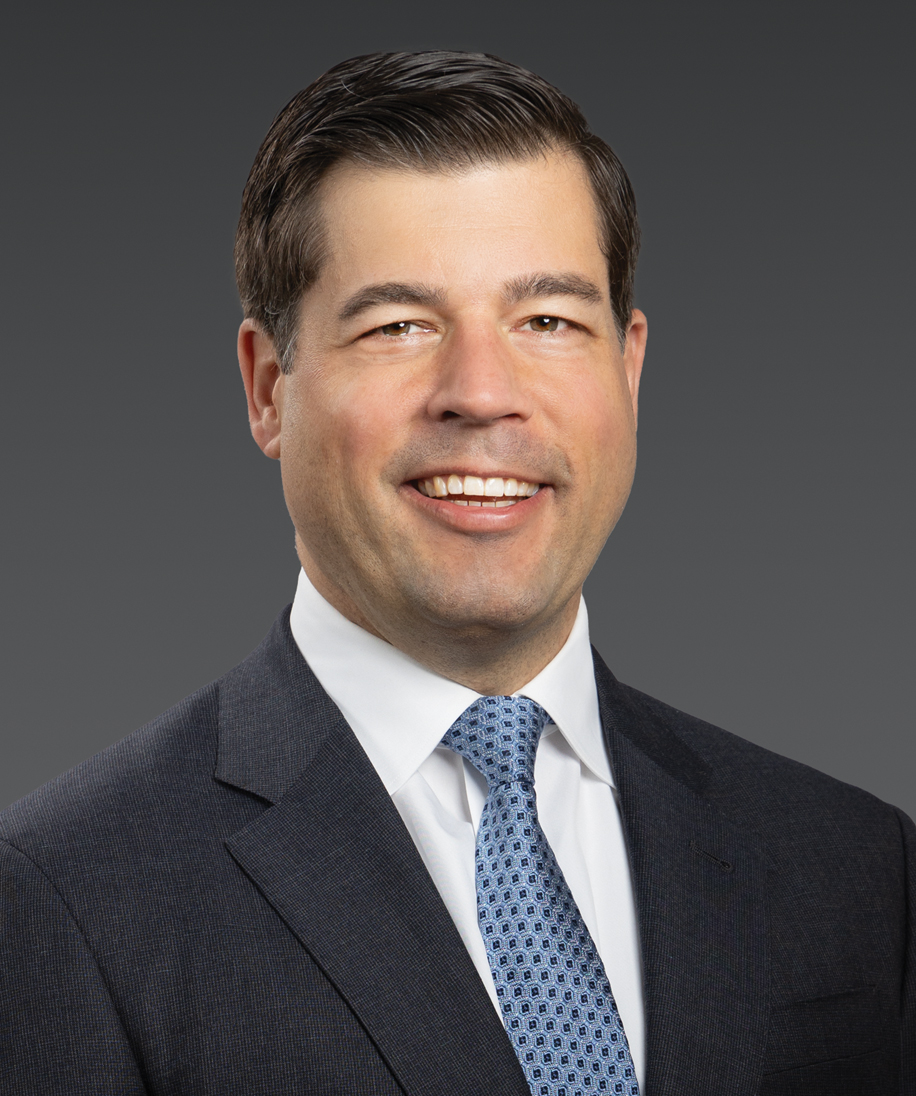PHast Track: A Legal Blog About Environment, Energy, and Infrastructure
Federal Court Determines American Airlines, Inc., 401(k) Plan Fiduciaries Breached Their ERISA Fiduciary Duty of Loyalty to Employees by Pursuing ESG Policy Goals
February 03, 2025
By Ruth Knox,Jason R. Ertel,Michael Wheatley,& Sabrina Zhang
On January 10th, the United States District Court for the Northern District of Texas (the court) ruled that American Airlines, Inc. (American) and the American Airlines Employee Benefits Committee (together, the Defendants) breached their fiduciary duty of loyalty to employees under the Employee Retirement Income Security Act (ERISA) — which is the duty that requires ERISA plan fiduciaries to act solely in the benefit interests of plan participants and beneficiaries — by pursuing American’s corporate environmental, social and governance (ESG) objectives in their management of the American Airlines, Inc., 401(k) Plan and the American Airlines, Inc., 401(k) Plan for Pilots (together, the Plans).[1] In particular, the Defendants selected investment alternatives under the Plans that were managed by BlackRock Institutional Trust Company, Inc. (BlackRock), a third-party investment manager. The Court concluded that the Defendants breached their ERISA duty of loyalty by “allowing their corporate interests, as well as BlackRock’s ESG interests, to influence management of the [employee retirement] plan.”
One focal point of the Court was the close corporate relationship between American and BlackRock. In an email chain amongst key American officials, such officials reflected on “the importance of the BlackRock Relationship,” stating that “BlackRock holds ~$400M of our fixed income debt,” “[t]hey are also our 4th largest equity holder,” and “[w]e also invest a little over $10 billion with them between the 401(k) and pension plan.” According to the Court, BlackRock’s ESG activism dates back as far as 2016 when it began “actively supporting ESG proposals at major energy companies,” telling its staff that it “wanted to position itself as a leader of ESG investing.” BlackRock changed its proxy voting guidelines in 2017 and has voted against climate-related proposals at major fossil fuel companies. The Court observed that BlackRock’s CEO has notably been involved with “outspoken [ESG] activism.” The Court emphasized the “intermingling of corporate and fiduciary interests” in connection with the American-BlackRock relationship, referencing another email chain in which American’s corporate ESG executive expressed “support for BlackRock’s ESG investing when she remarked that American and BlackRock share ‘one theme . . . climate change, sustainability.’”
The Court highlighted that, given the potential financial harm arising from BlackRock’s investment strategy “focused on ESG investing,” the discretion that American gave to BlackRock in managing the Plan’s investments demonstrated disloyal behavior. “Such a pursuit of non-pecuniary interests, in whole or in part, was an end itself rather than as a means to some financial end,” the Court stated, observing that “the evidence made clear that BlackRock wanted to play its part in combating perceived social ills by bolstering DEI and climate change initiatives.” According to the Court, American “knew BlackRock was pursuing [such] ESG initiatives” and still delegated to BlackRock “significant authority without adequate scrutiny.” The Court concluded that American “turned a blind eye to BlackRock’s ESG activism” at the expense of Plan participants and to the benefit of American.
In its analysis of the duty of loyalty, the Court reasoned that “a breach of loyalty claim hinges on whether a fiduciary acted ‘solely in the interest’” of plan participants. The Court stated that ERISA fiduciaries must act “with an ‘eye single’” to maximizing the financial returns of plan participants. According to the Court, the Defendants acted disloyally by seeking “to please BlackRock” by meeting BlackRock’s climate-related demands and to promote American’s corporate ESG goals.
ERISA fiduciaries are not permitted to allow the interests or motives of themselves or of third parties to influence their fiduciary decision-making in the management of ERISA-governed employee benefit plans. Their duties lie with plan participants and beneficiaries alone. The Court held that the “problematic alignment of incentives in this dynamic . . . falls short of . . . display[ing] complete loyalty in the interest of the beneficiary.” Moreover, the Court observed that key American officials demonstrated an inability to “completely separate . . . competing interests” of balancing the American-BlackRock relationship and fulfilling fiduciary responsibilities in their roles, resulting in “impermissible cross-pollination of interests and influence on the management of the Plan.” It was this “evidentiary combination — Defendants’ undeniable corporate commitment to ESG plus the endorsement of ESG goals by those responsible for overseeing the Plan plus the influence of and conflicts of interest with BlackRock plus the lack of separation between the corporate and fiduciary roles” — that the Court found reveals the Defendant’s disloyalty. Towards the end of the opinion, the Court went on to caution that “the belief that ESG considerations confer a license to ignore pecuniary benefits is mistaken. ERISA does not permit a fiduciary to pursue a non-pecuniary interest no matter how noble it might view the aim.” The Court further added that “simply describing an ESG consideration as a material financial consideration is not enough. . . There must be a sound basis for characterizing something as a financial benefit.”
In applying the law, the Court emphasized that fiduciary duties under ERISA are “the highest known to law” and that ERISA fiduciaries must work under the “guidance of the very strict fiduciary duties of loyalty and prudence,” the first of which imposes upon ERISA fiduciaries the “avoidance of conflicts of interest.” The Court observed that, at a minimum, the Defendants should have “monitored the situation more closely and even questioned BlackRock’s non-pecuniary investment activities.” According to the Court, the Defendants’ failure to do so demonstrated that they “disregard[ed]… conflicts of interest and failed to appropriately monitor BlackRock” due to “American’s own corporate interests and the influence of a major industry player.”
The Court’s opinion is significant for ERISA fiduciaries and is a caution to other investment professionals who owe similar duties to investors and other beneficiaries, including with respect to the investment of client funds and the delegation of investment decisions. We continue to monitor how anti-ESG developments shape the private fund landscape as fund managers balance increasing scrutiny of non-pecuniary investment activities alongside their fiduciary duties to investors.
[1] Spence v. American Airlines, Inc., No. 4:23-cv-00552 (N.D. Tex. Jan. 10, 2025).
Contributors




Practice Areas
Executive Compensation, Employee Benefits, and ERISA
Investment Funds & Private Capital
For More Information



